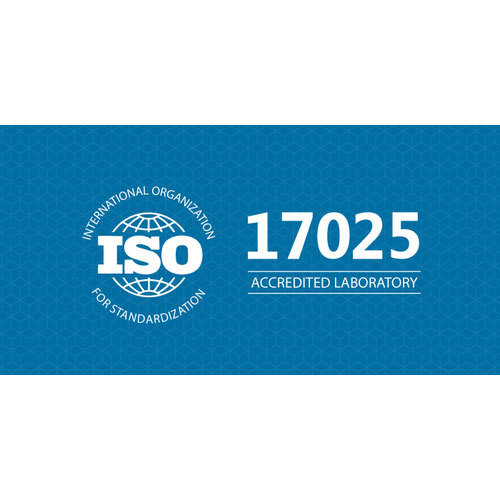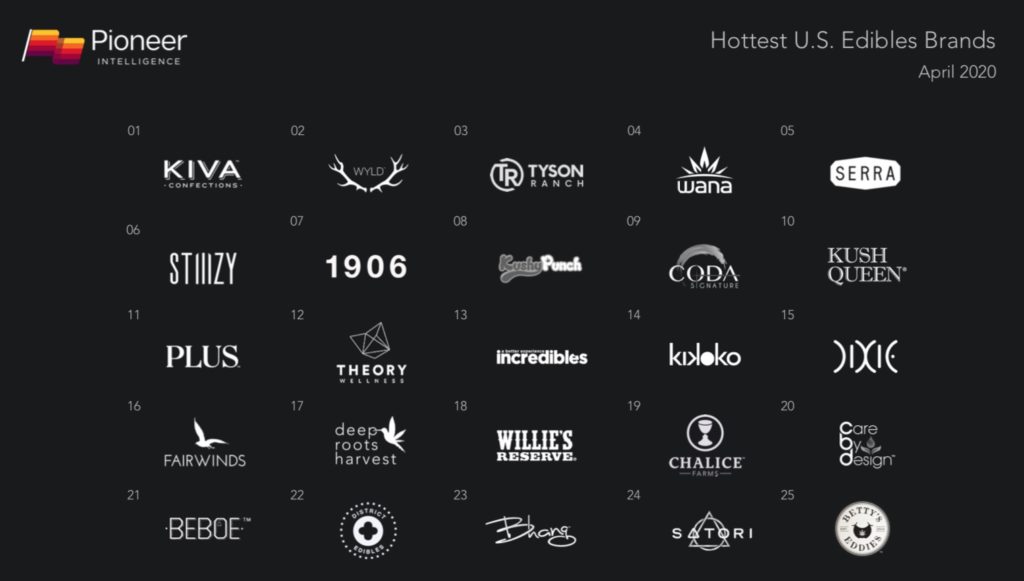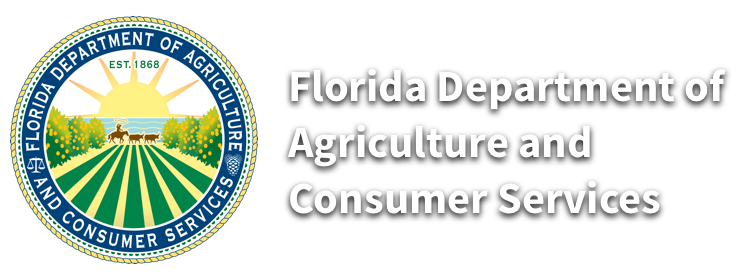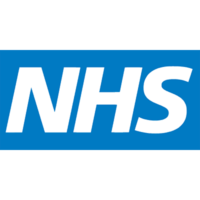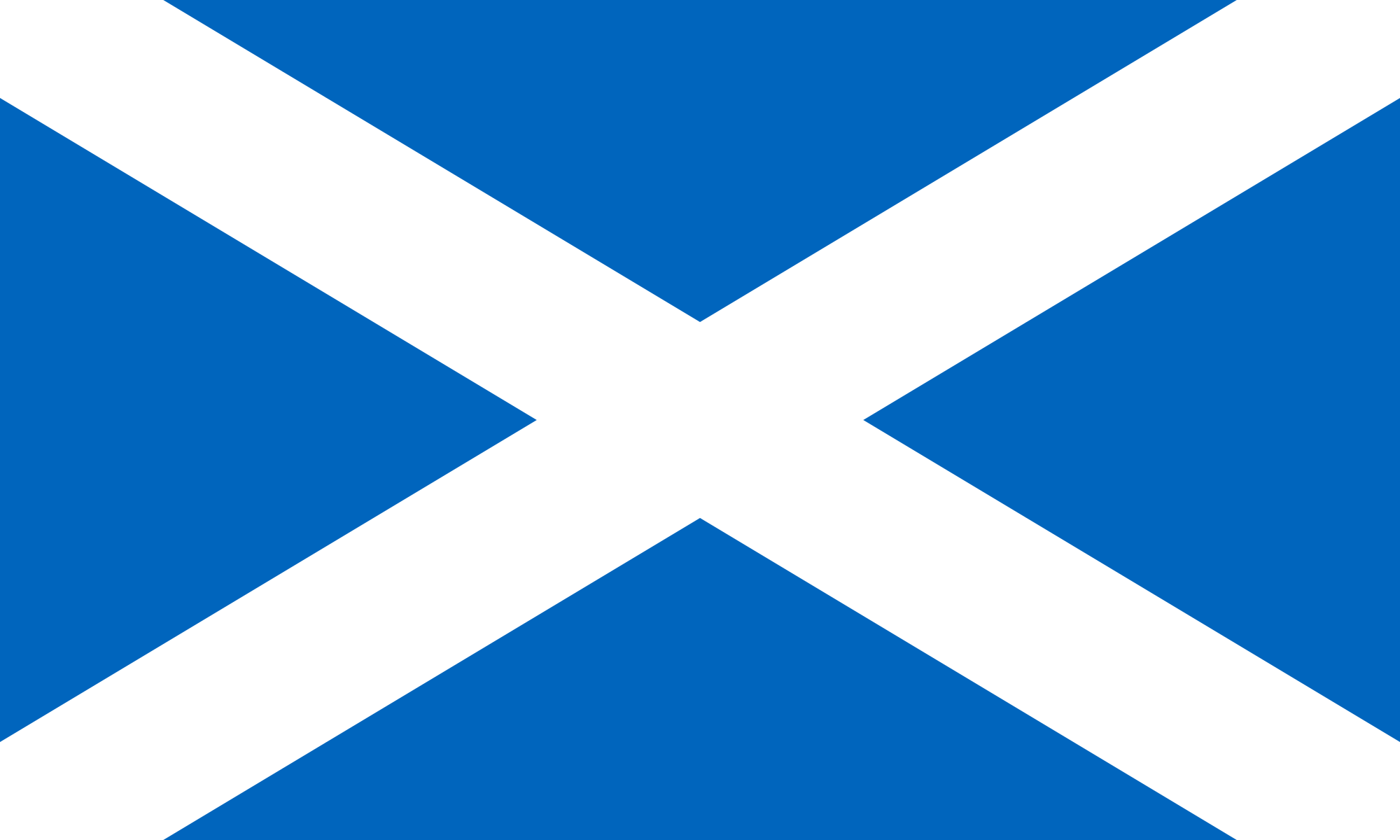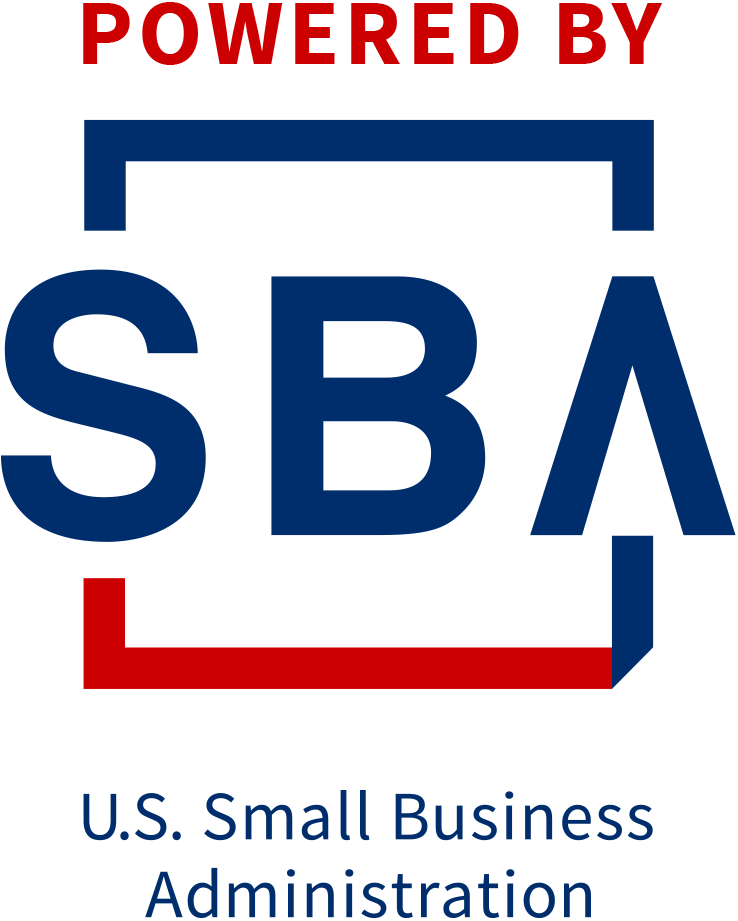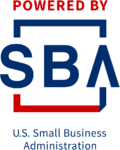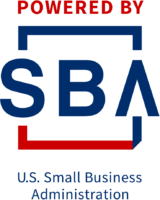While legalization of recreational cannabis remains in a fluid state in the United States, the medical application of cannabis is gaining popularity. As such, the diversification of pharmaceutical and edible cannabis products will inevitably lead to increased third party testing, in accordance with Food and Drug Administration (FDA) mandates. Laboratories entering into cannabis testing, in addition to knowing the respective state mandates for testing procedures, should be aligned with Federal regulations in the food and pharmaceutical industries.
 In 2010, the American Herbal Products Association (AHPA)1 established a cannabis committee with the primary objective of addressing issues related to the practices and safe use of legally-marketed cannabis and cannabis-related products. The committee issued a set of recommendations, outlining best practices for the cultivation, processing, testing and distribution of cannabis and cannabis products. The recommendations for laboratory operations sets some basic principles for those performing analysis of cannabis products. These principles, complementary to existing good laboratory practices and international standards, focus on the personnel, security, sample handling/disposal, data management and test reporting unique to laboratories analyzing cannabis samples.
In 2010, the American Herbal Products Association (AHPA)1 established a cannabis committee with the primary objective of addressing issues related to the practices and safe use of legally-marketed cannabis and cannabis-related products. The committee issued a set of recommendations, outlining best practices for the cultivation, processing, testing and distribution of cannabis and cannabis products. The recommendations for laboratory operations sets some basic principles for those performing analysis of cannabis products. These principles, complementary to existing good laboratory practices and international standards, focus on the personnel, security, sample handling/disposal, data management and test reporting unique to laboratories analyzing cannabis samples.
As local and federal regulations continue to dictate medical and recreational cannabis use, many will venture into the business of laboratory testing to meet the demands of this industry. Thus, it is not surprising that cannabis producers, distributors and dispensaries will need competent testing facilities to provide reliable and accurate results. In addition, our understanding of cannabis from an analytical science perspective will derive from test reports received from these laboratories. Incorrect or falsified results can be costly to their business and can even lead to lawsuits when dealing with consumer products. Examples of fines and/or suspensions related to incorrect/false reporting of results have already gained coverage in news media. This sets up the need for the cannabis industry to establish standardized protocols for laboratory competency.
The international standard, ISO 17025 – ‘General requirements for the competence of testing and calibration laboratories’ – plays an important role in providing standard protocols to distinguish labs with proven quality, reliability and competency. The industry needs to rely not only on the initial accreditation received, but also on the ongoing assessment of the labs to ensure continuous competency.
Receiving accreditation involves an assessment by an International Laboratory Accreditation Cooperation (ILAC) recognized accrediting body, which ensures that laboratories have the competency, resources, personnel and have successfully implemented a sound quality management system that complies with the international standard ISO/IEC 17025:2017. This ISO standard is voluntary, but recognized and adopted globally by many industries for lab services. Cannabis companies can ensure that the test services they receive from accredited laboratories will meet the requirements of the industry, as well as the state and federal regulatory agencies. The International Organization for Standardization (ISO) is an independent, non-governmental organization with over 160 memberships of national standards bodies, and all with a unified focus on developing world-class standards for services, systems, products, testing to ensure quality, safety, efficiency and economic benefits.
ILAC is a non-profit organization made up of accreditation bodies (ABs) from various global economies. The member bodies that are signatories to the ILAC Mutual Recognition Arrangement (ILAC MRA) have been peer evaluated to demonstrate their competence. The ILAC MRA signatories, in turn, assess testing labs against the international standard, ISO/IEC 17025 and award accreditation. Accreditation is the independent evaluation of conformity assessment in accordance with the standard and related government regulations to ensure the lab carry out specific activities (called the ‘Scope’) impartially and competently. Through this process, cannabis industry stakeholders and end users can have confidence in the test results they receive from the labs.
Understanding the principles of accreditation and conformity to ISO standards is the beginning of the ISO 17025 accreditation process. Similar to other areas of testing, accreditation gives cannabis testing labs global recognition such that their practices meet the highest standards in providing continuous consistency, reliability and accuracy.
![]() Many government agencies (state and federal) in the US and around the world are mandating cannabis testing laboratories to seek accreditation to ISO/IEC 17025:2017, in an effort to standardize their practice and provide the industry with needed assurance. Conformance with the standard enables labs to demonstrate their competency in generating reliable results, thereby providing assurance to those who hire their services.
Many government agencies (state and federal) in the US and around the world are mandating cannabis testing laboratories to seek accreditation to ISO/IEC 17025:2017, in an effort to standardize their practice and provide the industry with needed assurance. Conformance with the standard enables labs to demonstrate their competency in generating reliable results, thereby providing assurance to those who hire their services.
Testing of cannabis can be very demanding and challenging given that state and federal regulations require that the performance and quality of the testing activities must provide consistent, reliable and accurate results. Hence, labs deciding to set up cannabis testing will have to take extra care in setting up a laboratory facility, acquiring all necessary and appropriate testing equipment, hiring qualified and experience staff and developing and implementing test methods to ensure the process, sample throughput, data integrity and generated output are continuously reliable, accurate and meet the need of the clients and requirements of the regulatory bodies. This demands the lab to establish and implement very sound quality assurance program, good laboratory practices and a quality management system (QMS).
Some expected challenges are:
- Standardization of test methods and protocols
- Since there is no federal guidance in standardization of test methods and protocols for cannabis testing in US, it is challenging for laboratories to research and validate other similar, established methods and gain approval from the local and state authorities.
- Facility
- Cannabis testing activities must be physically isolated from other testing activities for those labs conducting business in other areas of testing such as environment, food, mining, etc.
- Microbiological testing requires additional physical isolation within the testing facility, maintaining sterility of the environment, test area and test equipment.
- Equipment
- The test equipment such as Chromatographs (GC/LC), Spectrometers (ICP-MS, ICP-OES, UV-Vis), and other essential analytical instruments must meet the specifications required to detect and quantify and statistically justify the test parameters at the stipulated concentration levels. That means the limit of detection and limit of quantitation of each parameter must be well below the regulatory limits and the results are statistically sound.
- Calibration, maintenance and operation of analytical equipment must be appropriate to produce results traceable to international standards such as International System of Units and National Institute of Standards and Technology (SI and NIST).
- Staff
- The qualification and experience of the staff should ensure standard test methods are implemented and verified to meet the specifications.
- They should have a sound understanding of the QA/QC protocols and effective implementation of a quality management system which conforms to ISO/IEC 17025:2017 standard.
- Staff should be properly trained in all standard operating procedures (SOPs) and receiving schedule re-training as needed. Training should be accurately documented.
- QMS
- The QMS should not only meet the requirements of ISO 17025, but also be appropriate to the scope of the laboratory activities. Such a system must be planned, implemented, verified and continuously improved to ensure effectiveness.
Finally, stakeholders should seek expert advice in establishing a cannabis testing lab prior to initiating the accreditation. This can be achieved through a cyclic PLAN-DO-CHECK-ACT process. Labs that are properly established can attain the accreditation process in as little as 3-5 months. An initial ‘Gap Analysis’ can be extremely helpful in this matter.
IAS, an ILAC MRA signatory and international accrediting body based in California is one such organization that provides training programs for those interested in attaining accreditation to ISO/IEC 17025:2017. It is a nonprofit, public-benefit corporation that has been providing accreditation services since 1975. IAS accredits a wide range of companies and organizations including governmental entities, commercial businesses, and professional associations worldwide. IAS accreditation programs are based on recognized national and international standards that ensure domestic and/or global acceptance of its accreditations.2
References
- American Herbal Products Association , 8630 Fenton Street, Suite 918 , Silver Spring, MD 20910 , ahpa.org.
- International Accreditation Services, iasonline.org.

